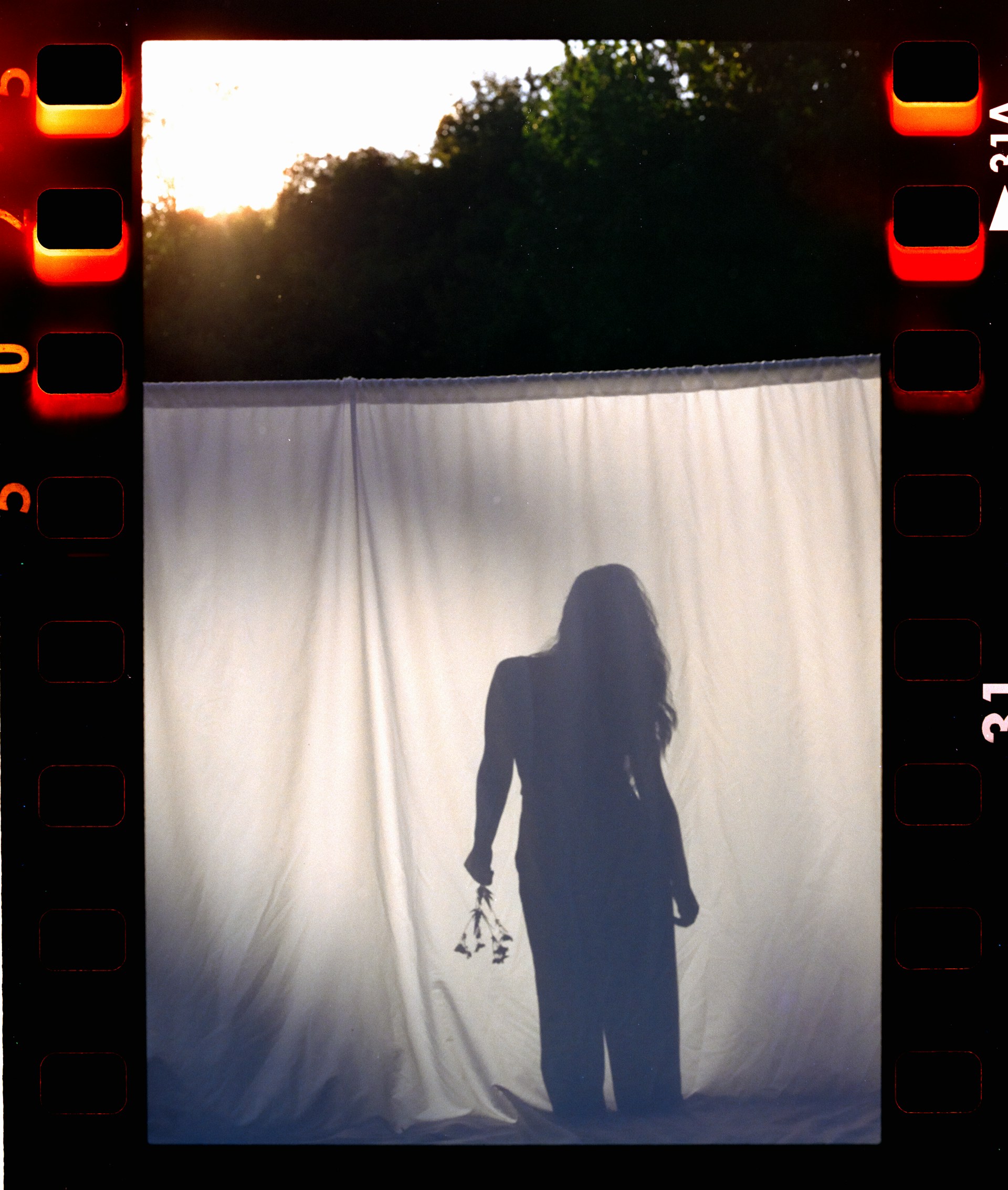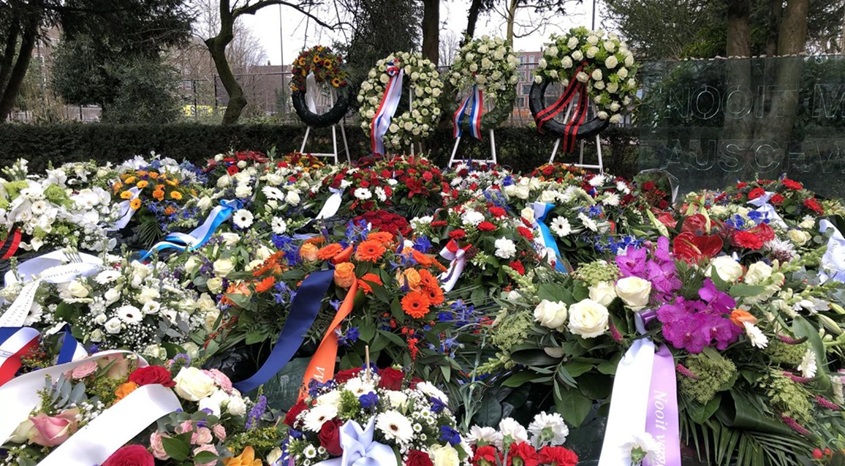
Life and relationship coaches are everywhere, hopping from one TV segment to the next. Every social media feed is crowded with life gurus, prophets, self-help titans and self-proclaimed experts, speaking with unshakable certainty about boundaries, self-love, and manifesting the right partner, as though the entire human ache for love could be solved in a carousel of quotes or a thirty-second reel. It is wild, almost absurd, this chorus of voices packaging the messiest, most primal of human needs into lessons tidy enough for a grid.
But the psyche has never been tidy. It has never obeyed bullet points.
Love is the one thing we enter the world crying for and the one thing we leave it still craving, and it resists every attempt to be simplified.
It begins the moment we are placed in the world, red and shaking and gasping for air, reaching for the warmth of a chest, the steadiness of a heartbeat, the comfort of arms that say without words: you are safe, you are wanted, you are loved. And though we grow older, though we trade cribs for classrooms and later for offices and beds we share with lovers, though we become people with dreams, goals, degrees and deadlines and long histories of heartbreak, that first hunger never leaves us. It lurks under everything we do. It whispers beneath every ambition. It remains the one language the body never forgets.
In friends, in families, in lovers, in the glances of strangers, in the fragile bonds we form on late nights and in crowded rooms. Sometimes love comes to us in abundance, rare and overwhelming, like a flood that carries us whole and reminds us of what it means to be filled. But more often, love arrives fragmented, uneven, offered in half-gestures and fleeting promises, and we, starving as we are, convince ourselves that crumbs will suffice. We build entire lives around scraps of affection. We stretch a single glance into a declaration, a distracted touch into proof, a silence into something almost holy. And because we fear the emptiness more than we fear the pain, we tell ourselves: this must be enough.
Because the parents we are born to are themselves unfinished, carrying wounds they have not named, questions they have not answered, hearts that have not yet learned how to love themselves, and so they hand us what they can, sometimes tenderness, sometimes silence, sometimes the shadow of their own unmet needs. And we, too small to know better, drink it in as love. We grow up learning affection from people who are still learning how to give it, from mothers and from fathers who are themselves children in grown bodies, still searching, still lost, still piecing together the meaning of love while trying to pass it on. And so our first lessons in love are flawed, fractured, partial, but they become the blueprint we carry into every relationship that follows.
We give until our hearts are raw, until we are hollowed out by the act of pouring, believing that if we love hard enough, if we bend ourselves into enough shapes, if we sacrifice enough sleep, enough dignity, enough of our own needs, then perhaps someone will meet us halfway. Yet what we discover, time and again, is that we so often choose the ones who cannot give, the ones who are unreachable, broken in ways we cannot fix, incapable of receiving what we so desperately want to offer. Instead of turning toward ourselves, instead of tending to the small flame of love within us, we keep handing it over to people who do not know what to do with it, people who drop it, deny it, waste it. And in the process, we do not replenish the love within us; we drain it, emptying what was already fragile, already in need of more care, gentleness, and patience.
This is the quiet tragedy of our species: that the very thing we are born needing, the very thing that sustains us, is the thing we spend our lives chasing, negotiating, begging for, and sometimes destroying ourselves to keep. We write songs that ache with longing, we build empires to prove our worth, we take lovers who hurt us and friends who abandon us, all because we cannot silence the primal cry that began the moment we entered this world: loveme, hold me, see me, choose me.
The truth that had been waiting patiently for us. The guru we have been carrying inside us. But to hear it, we must first descend into the ache we spend our lives avoiding. We must sit with the demons, slice the heart open, let it break and bleed and die, and then dare to resurrect it anew. No reciting mirror mantras, no cliché whispers “I love you” and “you are enough”. No. It is me versus me, in the silence where past hurt, guilt, shame, self-blame, regret and remorse circle like wolves.
That is where real self-love is born. Not behind the façade of positive affirmations. Not in a self-love retreat in Bali. Not in a $700 online course, but in having the courage to walk through the deafening silence, to hold ourselves gently on the other side.
And when we survive that silence, when we stop numbing and start listening, we discover what no carousel of quotes could ever teach: that love was never only in the hands of others, never only in the eyes of a parent or the arms of a partner or the fleeting devotion of a friend. It has always been here, waiting for us to remember that our first duty, our first home, is to ourselves. Until then, we will continue to orbit, continue to starve, and continue to mistake scraps for sustenance. Until then, we will continue to beg for what was ours all along.







That’s so true it’s the harsh truth well said